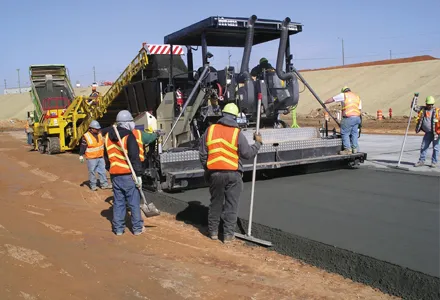Controversy surrounds the Stonehenge tunnel project in the UK. A report produced by
The plan to build the 2.9km tunnel was finalised early this year by
Archeological sites are distributed widely in the area surrounding Stonehenge and it is appreciated that more likely remain undiscovered so far.
What is not in dispute however is that the A303 route should be upgraded. At present the dual lane stretch running close to the Stonehenge site suffers from high congestion levels and long delays, particularly during holiday times when it carries more tourist traffic. The route also carries a high percentage of heavy trucks and there are serious safety concerns with regard to large vehicles passing through the small villages on the road.
Stonehenge tunnel project – controversy grows
Controversy surrounds the Stonehenge tunnel project in the UK. A report produced by Unesco has said that the plan to construct a 2.9km tunnel to carry the busy A303 route past the Stonehenge World Heritage Site should be reconsidered.
June 29, 2017
Read time: 2 mins
RSS








